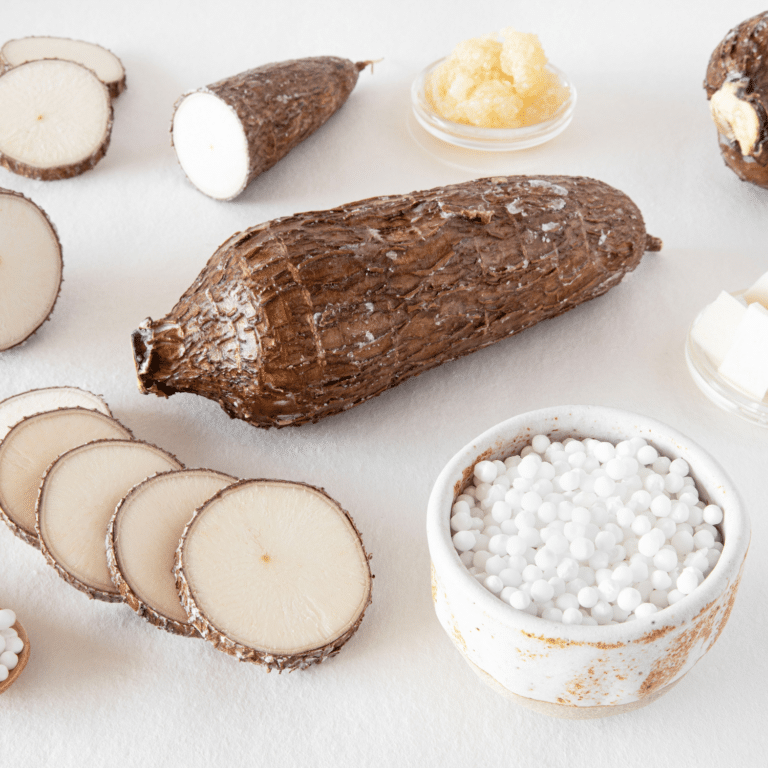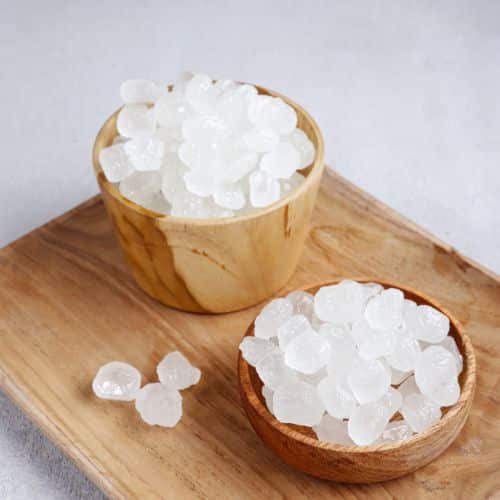In my journey through the vast landscapes of culinary traditions, I’ve found a companion in seed oils—those golden elixirs that bring dishes to life while weaving the story of our ancestors’ wisdom in using every part of the plant. As someone who embraces the traditional ways of cooking, I’ve often paused to reflect on the controversies surrounding these oils. Are they as harmful as some claim, or is there a gap in our understanding filled by misconceptions rather than facts?
When I began using seed oils, drawn by their rich flavors and health benefits, I was intrigued by the discourse that painted them in a dubious light. This compelled me to delve deeper into the science behind these oils, contrasting it with the prevailing myths that often cloud our judgment.
One of the most persistent concerns I’ve encountered is the supposed link between seed oils and the rising rates of obesity. It’s easy to point fingers at a single dietary change, but obesity is a complex condition influenced by multiple factors including overall diet, physical activity, and even socio-economic status. My exploration into numerous studies and health reports revealed that while seed oil consumption has increased, so has our intake of processed foods and sugars. These factors contribute significantly to our caloric surplus, which is a more plausible culprit for the obesity epidemic than seed oils alone.
Traditional vs. Modern Oil Extraction Processes
The extraction of oil is pivotal in determining its health benefits or detriments. Traditional methods, such as cold pressing, involve mechanically pressing seeds to extract oil without external heat. This method retains the natural antioxidants, vitamins, and healthy fats in oils, making them a beneficial addition to our diets.
In contrast, many modern seed oils undergo extensive processing:
- Chemical Extraction: Oils like canola and some vegetable oils are often extracted using solvents such as hexane, which is efficient but can leave behind chemical residues that might be harmful.
- High-Heat Treatment: This process is used to increase the yield of oil from seeds, but it can degrade beneficial nutrients and create harmful free radicals.
- Refinement Processes: Including bleaching and deodorizing, these further strip oils of their natural compounds and can lead to the formation of trans fats, particularly during deodorization.
The Impact of Processing on Oil Quality
Highly processed oils not only lose nutritional value but also gain harmful properties:
- Nutrient Loss: Essential fatty acids, antioxidants, and vitamins present in oils are significantly reduced during high heat and chemical processing.
- Formation of Trans Fats: Particularly concerning in partially hydrogenated oils, trans fats are created during high heat processing, increasing the risk of heart disease.
- Free Radical Formation: Processing at high temperatures can increase free radicals in oils, which are linked to cell damage and various chronic diseases.
Health Risks and Nutritional Considerations
The consumption of highly processed oils is associated with several health risks, including:
- Heart Disease: Due to the increase in harmful LDL cholesterol and decrease in beneficial HDL cholesterol.
- Inflammation: Some processed oils can exacerbate inflammatory responses, a precursor to many chronic conditions.
- Obesity and Diabetes: Imbalances in fatty acids from processed oils can affect insulin resistance and fat accumulation.
The role of sugar in our diet has been particularly enlightening. Despite the fluctuations in various dietary trends, sugar consumption has remained alarmingly high. It is pervasive in our food supply, often hidden in foods where we least expect it. This constant exposure to high sugar levels, combined with sedentary lifestyles, seems to correlate more closely with the health issues we blame on seed oils.
Addressing diabetes and inflammation, I was curious about the claims that seed oils could exacerbate these conditions. However, the scientific consensus suggests a different narrative. Unsaturated fats, which are predominant in seed oils, have been shown to improve insulin sensitivity—a boon for preventing and managing diabetes. Furthermore, these oils have anti-inflammatory properties contrary to the myths suggesting that they cause inflammation. It appears that the type of fat we consume matters, with saturated and trans fats posing more health risks than their unsaturated counterparts.
Advocating for Informed Choices
In my culinary practices and through my writings, including the article “Essential Elixirs – Exploring the World of Traditional Cooking Oils,” I advocate for a balanced and informed approach to choosing cooking oils. Understanding the extraction and processing of oils empowers us to make choices that align with healthful living and environmental consciousness. It’s important to listen to our bodies and recognize that individual reactions to different types of oils can vary widely. Consulting with healthcare providers to understand these nuances is crucial, rather than succumbing to the generalized fear mongering that pervades much of the internet discourse.
As we continue to navigate the seas of nutritional information and misinformation, let’s prioritize knowledge over convenience, tradition over trend, and health over habit. Let us not be swayed by every passing trend but rather make informed decisions that honor our health, our traditions, and the scientific truths that guide us. Making informed decisions about the oils we use in our kitchens means engaging deeply with how they are produced and recognizing their impact on our health and well-being.






